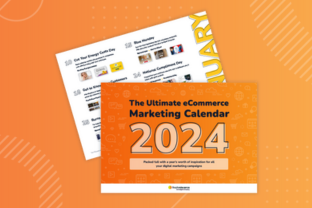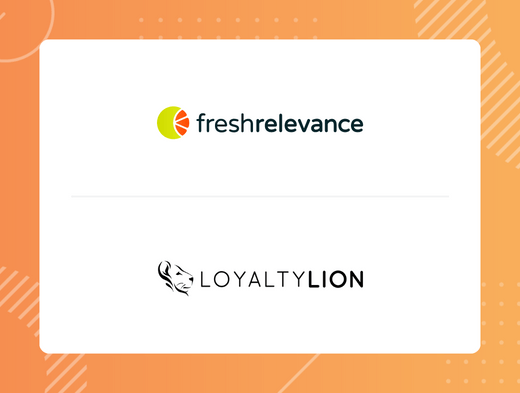Personalization is proven to keep customers on your website, drive engagement and ultimately boost sales.
But when it comes to SEO, it’s natural to question how this content affects your website’s search rankings.
Benefits of personalization for SEO
There are several benefits to using personalization for SEO, as explained below.
1. Relevant customer experience
As the content on your website is more relevant, the customer experience is enhanced. This not only means more customer loyalty, but also means lower bounce rates and increasing engagement, which all leads to higher rankings on SERPs (Search Engine Results Pages).
3. Location
If a customer is searching for a product in a location near one of your brick-and-mortar stores, or within one of your delivery destinations, search engines can show personalized content from your website for them based on geolocation.
3. Language
Not only that, if you are a business that operates globally and your website uses multiple languages, personalization can ensure that customers can immediately find the website in the correct language on SERPs, increasing clicks and therefore rankings.
Challenges
But while improving the customer experience is a big tick from Google, there are a few technical considerations to take into account when personalizing your website: Below are these challenges, and how Fresh Relevance mitigates any risk of ranking low on SERP.
1. Performance
Site speed is one of many key factors in Google’s search ranking algorithm. Here are some of the key ways Fresh Relevance works to minimize the effect that personalization can have on your site speed:
- Our content and scripts load asynchronously and are appropriately cached, so as not to slow down the page load time.
- The script is hosted on a global CDN to reduce the time to serve and ensure the site won’t have an additional external dependency.
- We configure DNS prefetching for all clients, speeding up the time it takes your site to load.
2. Cloaking
Cloaking is when you present one version of a web page to search engine bots while showing a different version to the users who visit it. Search engines can interpret this as foul play.
Fresh Relevance treats search engine bots the same as we treat real visitors interacting with your site, so your personalization efforts will not be seen as a manipulation.
3. Duplication
Duplicate content can negatively impact your search engine rankings and dilute the visibility of your content. This is because search engines rarely show multiple versions of the same content and are forced to choose which version to rank for query results.
Despite this, duplicate content is more prevalent than you might think. In fact, research shows that 29% of the web is actually duplicate content.
If you’re using personalization on your website, you could be unintentionally creating duplicate content, since different visitors are served customized variations of content. If the original content is important for your web page’s search rankings, we recommend keeping this content onsite in the page’s static source code rather than completely replacing it with dynamic content.
Using Server-Side Personalization to Improve SEO
Fresh Relevance clients have the option to deploy personalization server-side as well as client-side. While client-side deployment has its advantages such as ease of implementation, server-side allows you to implement personalization with no impact on performance. Server-side personalization also makes it easy to comply with the Google Page Experience update as all changes are made on the server, before it reaches the browser.
With Fresh Relevance, you can use both approaches side-by-side to get the best of both worlds.
Fresh Relevance client jewellerybox used server-side personalization to improve their internal linking by 80%. This meant that Google started to index many more pages, resulting in a significant improvement to SEO for the long-tail of less viewed products.
“We have around 8000 products on our site. Before Fresh Relevance, we had to link them to each other manually. Of course, natural human biases meant some products were being favored over others, and some products weren’t being seen by Google. Fresh Relevance has helped us overcome this issue. We were able to use Fresh Relevance via the API and render the block on our end, which meant Google could crawl it and subsequently, it rendered faster. Ultimately, we could immediately interlink all our products without manually touching them,” Nathan Amery, Head of Digital Marketing, jewellerybox
Testing can also be deployed server-side with Fresh Relevance’s content API, where the web server pulls the content chosen by the test algorithm and then delivers it as part of the overall page. While this method is more technically involved than client-side testing, it leads to smoother content delivery with all content delivered at the same time.
Book a demo to experience true omnichannel personalization at its best and discover how hundreds of leading brands benefit from the unique depth and breadth of our all in one platform.







